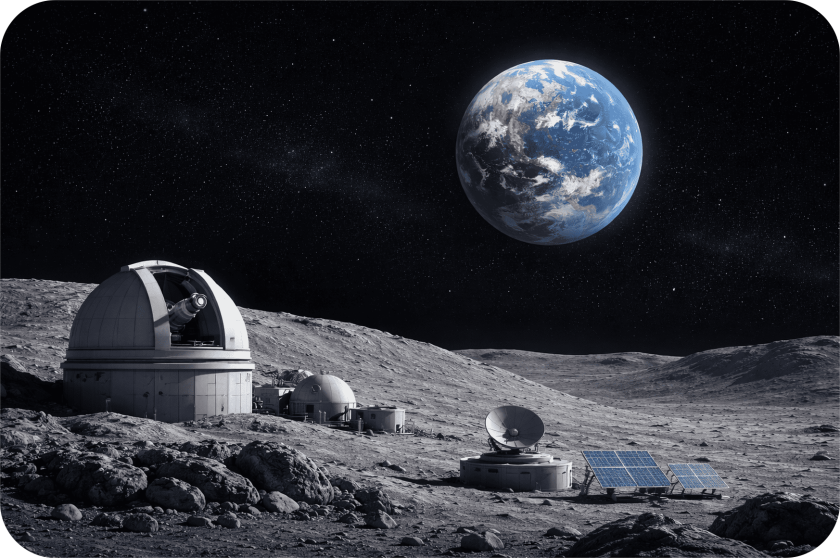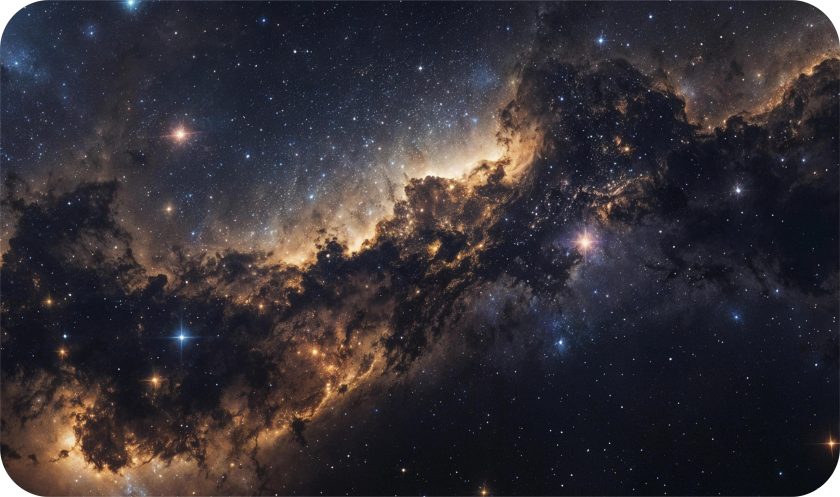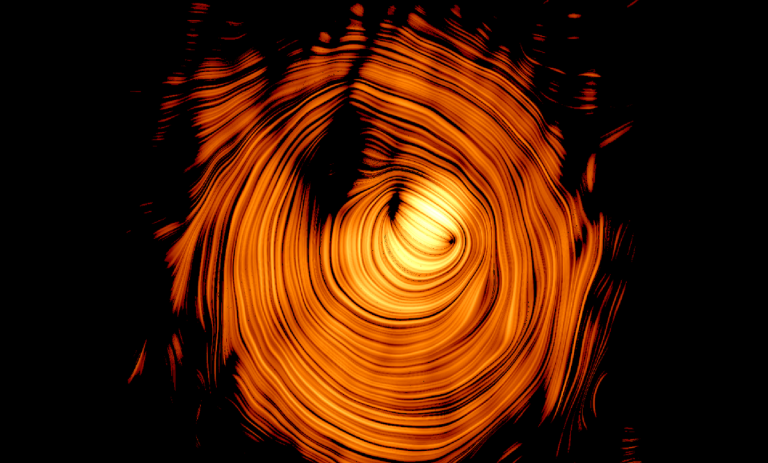After NASA’s attempt to grow plants on the moon by 2015, researchers are now trying to explore whether they can grow plants on the red planet as well. This research would be also beneficial for the Mars One project which is planning to make permanent human settlement on the planet.
Plant ecologist Wieger Wamelink of Wageningen UR in his unique study has found that the soil on Mars can be used for growing food crops. For the study, Wieger observed the growth of 14 different plants for 50 days on specially made artificial Mars soil. NASA composed the artificial Mars soil based on the volcanic soil of the Hawaii. Surprisingly, Wieger found that the plants grew really well and some of them even blossomed.
Initially, he thought that during the post germination phase, the plants would die due to lack of required nutrients in the soil but it did not happen. Conducting soil analysis confirmed that the Mars soil holds more nutrients than presumed. They contain phosphorus, iron oxides and as well as nitrogen, which is essential for plant growth.
Cultivating Plants on Mars
Mars One project advisor and professor at Wageningen University, Leo Marcelis says that the research is very important for Mars One project because it would not be possible to take everything that is required from Earth to settle down on the Mars. It is therefore essential to cultivate plants on Mars to sustain a permanent settlement of humans. And this can only be achieved by understanding the cultivation system that would be best suited as per Mars conditions.
Researchers explain that though the Martian soil is suitable for cultivation, there are many other challenges to be met, before such a life supporting system can be installed on Mars. Researchers need to find an answer for the low gravity environment that would make difficult for water to flow downwards. The other problem that arises in low gravity is the exchange of essential gases such as carbon dioxide and oxygen, by the plant. This would hamper the plant growth and will cause lesser evaporation of water. Furthermore, unlike Earth, Mars is almost devoid of any atmosphere, the planet is extremely cold and is darker in the absence of sufficient light. An effective recycling system is also required to make optimal use of available resources.
Using LEDs for Cultivation
Researchers propose that it might be possible to grow plants in an enclosed environment, lit with LED lamps. But this requires further study in order to understand which color is suitable for plant growth and how to generate electricity to power these LEDs. As per Leo, developing such a system on Mars would require designing a complete framework. The researchers from Wageningen UR are planning to trail one of such cultivation idea on Earth under a controlled Mars like conditions.
Cultivation Arrangement on Mars
The research would not only help in the Mars One project, but will also provide valuable insight for using volcanic soil or other difficult soil available on earth for cultivating. For cultivation on Mars, researchers need to develop a high tech cultivation system to sustain plants in low light conditions, aided with sensors to monitor plant’s requirement and their growth. Meeting such requirements would definitely revolutionize the cultivation methods on Mars, as well as for here on Earth. Growing crops on Mars is more cost effective idea for the project like Mars One than transporting them from the Earth.
Weiger believes that in the next ten years, researchers from the Wageningen UR will be able to develop a cultivation system according to Mars condition. They are working to create an automated high tech cultivation system and are closely working on to understand which plants are suitable as per the Mars soil and are also trying to address other issues related to bee pollination and food security.
If space scientists were able to grow plants on Mars like Earth, then space colonization won’t be a farfetched dream and the Red planet would soon become a second home of human habitants. A self-sustaining settlement creating an ecosystem, where plants release oxygen as by product and recycle carbon dioxide quite similar to that of planet Earth.
Source: WageningenUR
Image: Wired





